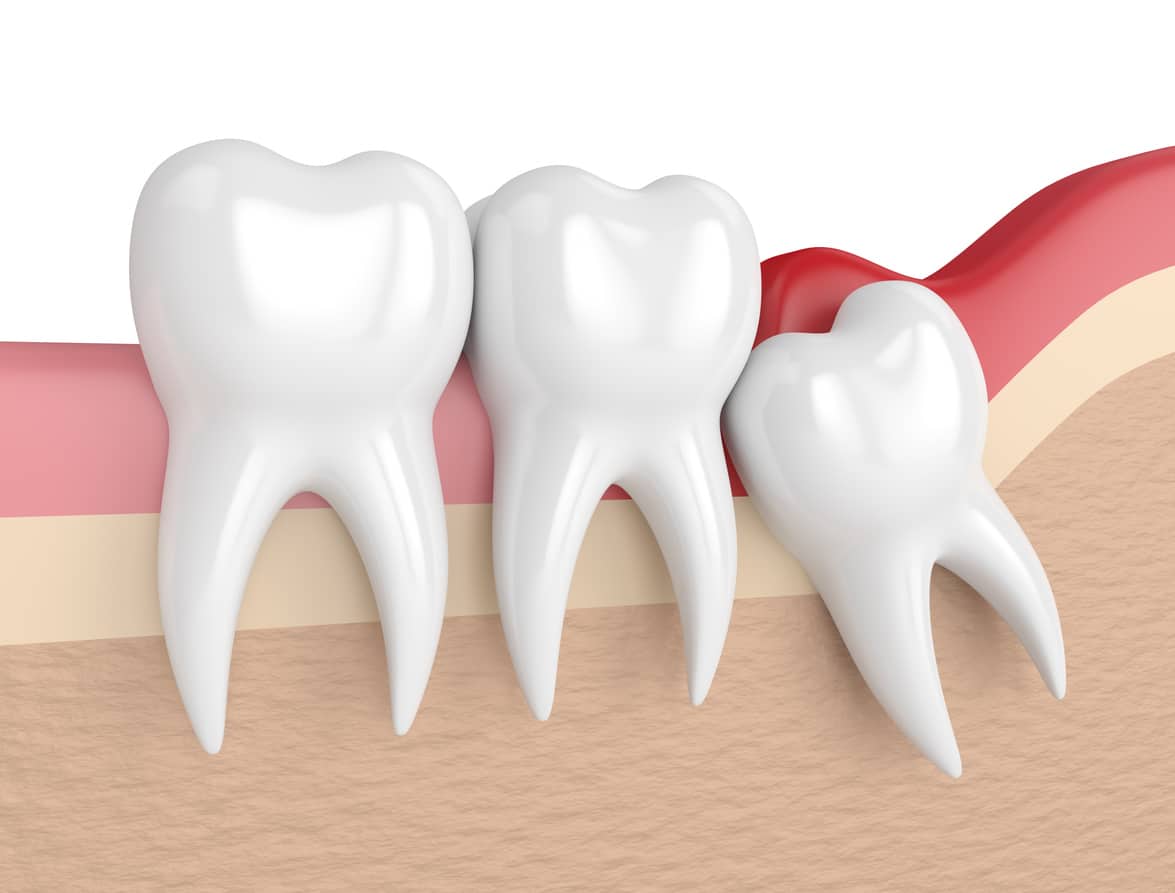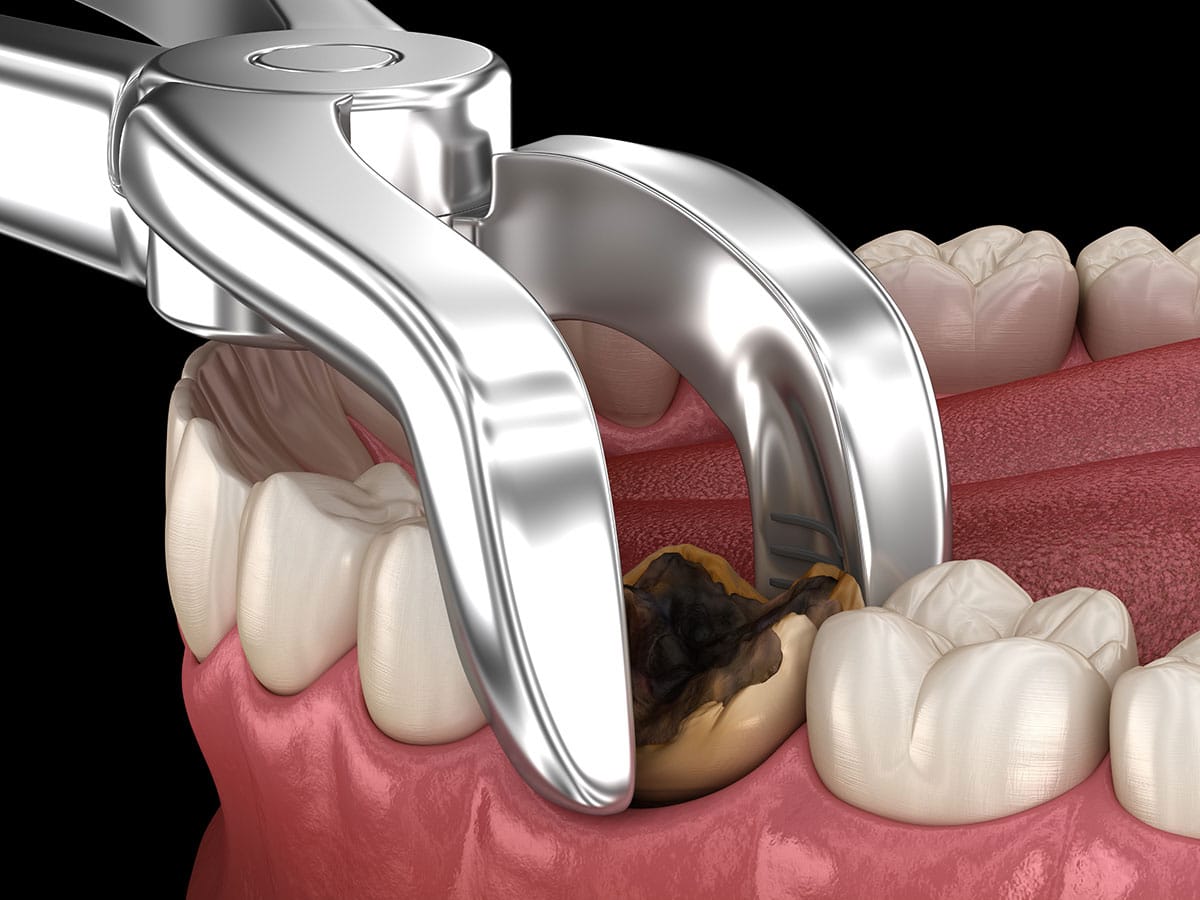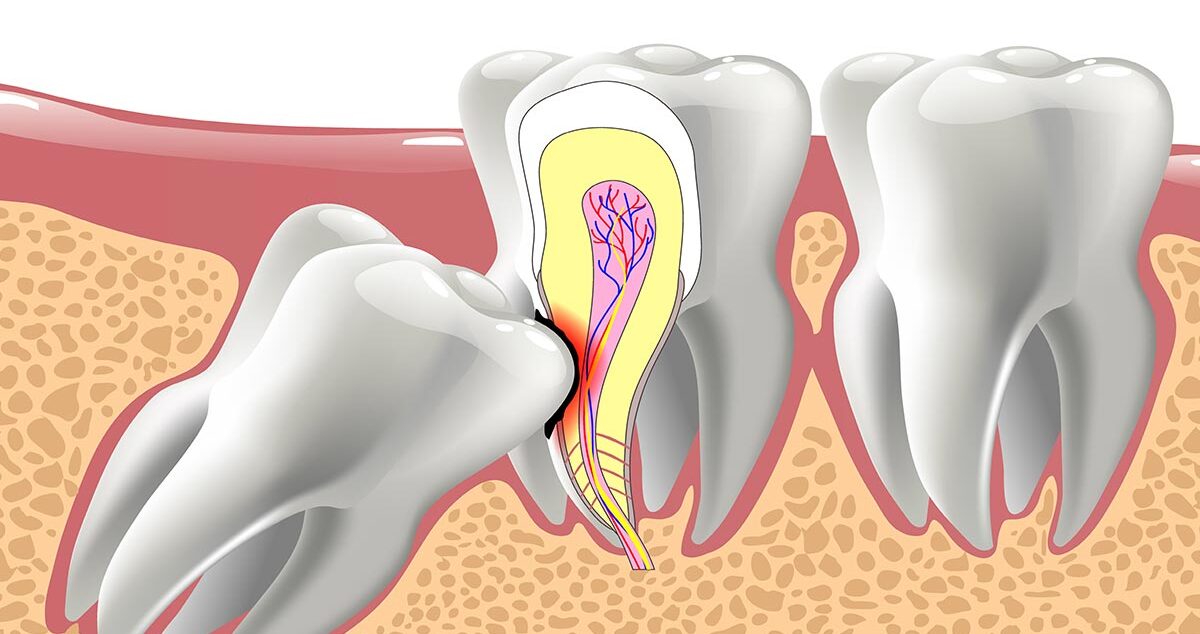- Call +91 9619001537 For Emergency medical assistance.
About
you need to be sure there isn’t anything embarrassing hidden in the middle of the text. All the Lorem Ipsum generators.
- 50, Turner Place, 79 Wilderman Mall, New Hampshire, Terryville, 5820.
- +1 840 841 25 69
- info@email.com
opening Hours
Nunc tincidunt mollis dui in tempor. Maecenas ut leo puruss.
Monday:
10:00 AM - 11:00 PM
Tuesday:
10:00 AM - 11:00 PM
Wednesday:
10:00 AM - 11:00 PM
Thursday:
10:00 AM - 11:00 PM
Friday:
10:00 AM - 11:00 PM
Saturday:
10:00 AM - 11:00 PM
Sunday:
Closed
opening Hours
Nunc tincidunt mollis dui in tempor. Maecenas ut leo puruss.
Monday:
10:00 AM - 11:00 PM
Tuesday:
10:00 AM - 11:00 PM
Wednesday:
10:00 AM - 11:00 PM
Thursday:
10:00 AM - 11:00 PM
Friday:
10:00 AM - 11:00 PM
Saturday:
10:00 AM - 11:00 PM
Sunday:
Closed
Book Appointment
Wisdom Tooth Removal
A wisdom tooth, or third molar, is typically the last tooth to emerge in the dental arch, often between the ages of 16 and 25. Most people have four wisdom teeth, one located at each corner of the jaw. However, limited jaw space can result in these teeth growing at odd angles or failing to fully erupt, causing them to become impacted and potentially problematic.


What Does Wisdom Tooth Eruption Mean?
Eruption occurs when a tooth pushes through the gums and becomes visible in the mouth. In some cases, wisdom teeth emerge fully without impacting other teeth or gums. However, due to limited space in the jaw, wisdom teeth sometimes only partially erupt or grow at an angle, disturbing nearby teeth and soft tissue. This condition is known as impaction, and it can lead to discomfort, infection, or even damage to adjacent teeth if not treated.
Does Every Wisdom Tooth Require Removal?
Not necessarily. If a wisdom tooth erupts properly without affecting adjacent teeth or gum tissue, it may not need extraction. However, if discomfort or complications arise, removal may be recommended. For patients between the ages of 15 and 17, an early evaluation is advised to assess the need for future extraction, especially if pain or swelling is present.
Wisdom Tooth Removal Procedure
The removal of an impacted wisdom tooth generally involves a minor surgical procedure. The steps include:
- Local Anaesthesia: Applied to numb the area, ensuring patient comfort during the procedure.
- Incision and Extraction: A small incision is made in the gum tissue, followed by bone trimming and, if needed, sectioning of the tooth to facilitate removal.
- Stitching: After the extraction, stitches may be placed to close the incision and promote healing.
Signs Indicating Wisdom Tooth Removal
If wisdom teeth cannot erupt properly, their removal can help prevent future complications. Common symptoms indicating the need for extraction include:
- Persistent food lodgement between teeth
- Jaw pain or tenderness
- Difficulty chewing
- Swollen or tender gums near the wisdom tooth
- Bad breath and foul taste
- Limited ability to open the mouth
- Cavity formation on adjacent teeth
- Development of cysts around the impacted tooth
If you experience any of these symptoms or suspect issues with your wisdom teeth, our experienced dental team in Thane is here to help. Schedule a consultation to discuss your needs and ensure optimal oral health through expert care.

